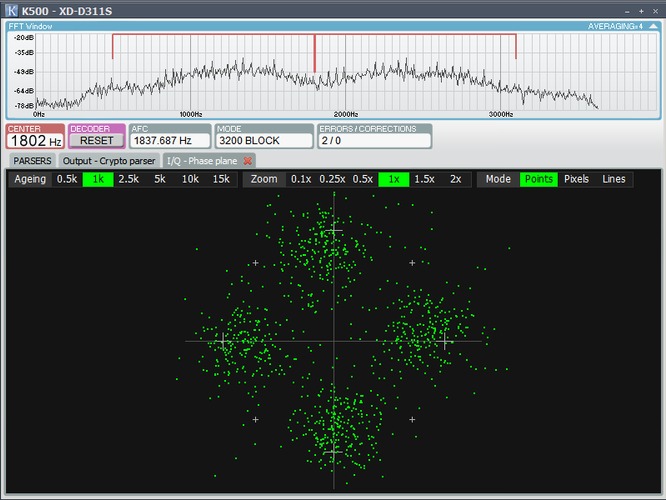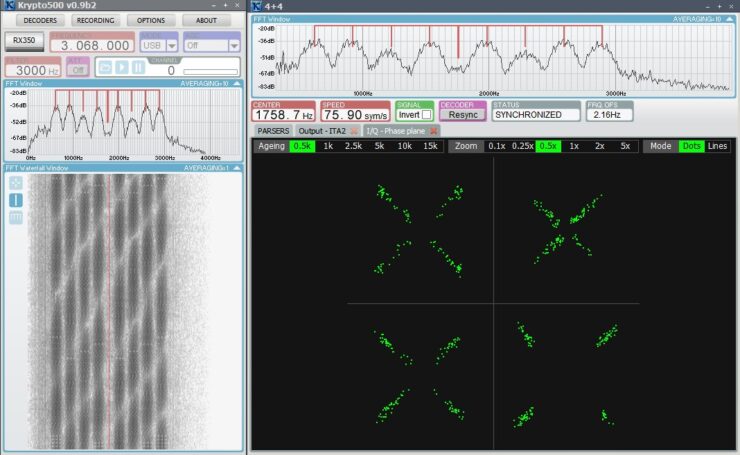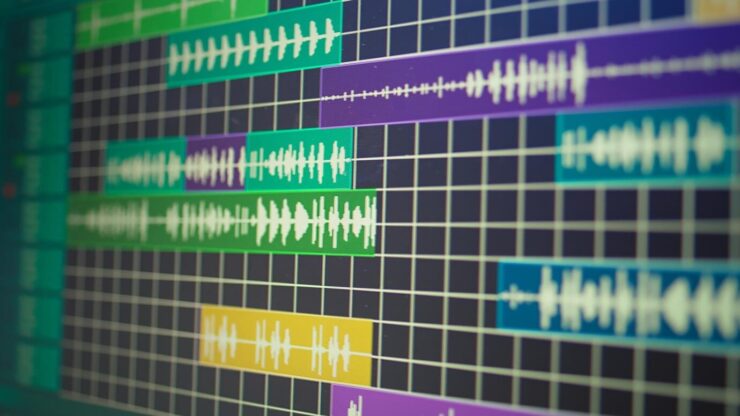Table of Contents
Signal decoders play a crucial role in the world of communication, surveillance, and data transmission. They serve as the vital link between raw transmissions and the meaningful information they carry. From military operations to satellite communications, decoders ensure that complex signals are turned into usable data. To grasp their importance, it’s essential to understand what they do and how they impact various fields.
Key Points:
- Signal decoders translate transmissions into readable data.
- They are critical in fields like defense, communications, and intelligence.
- Krypto500 and Krypto1000 are leading solutions in decoding technologies.
- Signals decoding is a rapidly evolving field, requiring frequent updates.
- The right decoder improves efficiency in data interpretation and operational effectiveness.
What Is a Signal Decoder?
At its core, a signal decoder processes raw transmissions and turns them into usable information. Think of a signal as a message sent in a code that humans or machines can’t directly understand. The decoder breaks down that code and delivers the message in a readable form. This process is necessary in fields where data is transmitted through radio waves, satellite links, or any other wireless medium.
A high-quality signal decoder becomes essential when dealing with diverse and complicated signals, especially when accuracy and speed are critical. For example, Comint Consulting’s Krypto500 signal decoder has set industry standards by providing advanced features that decode a wide range of signals.
Why Are Signal Decoders Important?

Signal decoders form the backbone of modern communication. They enable everything from text messages on a mobile phone to secure military communication between remote locations. Without proper decoders, the information sent would be useless to the recipient.
One of the most critical aspects of a decoder’s role is ensuring that information remains intact and understandable throughout the communication process. Data sent across vast distances often face interference, which means the signal becomes distorted. The decoder works to reconstruct the original information, ensuring it remains reliable and error-free.
For instance, in military applications, timely decoding of enemy communications could mean the difference between success and failure. The same applies in areas such as maritime communications, air traffic control, and satellite monitoring. Each industry relies on the ability to transform complex transmissions into data that can be acted upon.
Decoders are also essential in secure communications. When a signal is encrypted to prevent interception, the decoder holds the key to unlocking the data. Without the proper decoder, intercepted signals remain meaningless. This is especially important in defense, law enforcement, and private-sector security applications, where the protection of sensitive data is a top priority.
How Signal Decoders Work
Decoding is not a random process. It follows a specific algorithm that matches the encoding system. When data is sent over a network or through the air, it is often transformed into a different format to avoid interference or make the data more secure. The decoder’s job is to reverse that transformation accurately.
Signal decoders operate by intercepting transmissions, identifying their format, and then applying the necessary algorithms to translate the message. Depending on the complexity of the transmission, different demodulation techniques are used to break down the signal. For example, some transmissions require basic amplitude or frequency modulation decoding, while others may need more advanced techniques like phase-shift keying or quadrature amplitude modulation.
Once the decoder has broken down the transmission, it filters out noise and interference, which can often distort the original signal. The result is a cleaner, more accurate version of the message, ready for interpretation.
Why You Should Avoid Outdated Solutions
Many organizations still rely on older, less capable decoders to process their transmissions. The problem with this approach is that outdated decoders often lack the ability to handle modern signals, particularly those used by more advanced communication systems. As a result, crucial data may be missed or misinterpreted, leading to potential security risks or operational inefficiencies.
By contrast, using advanced decoders like Krypto500 and Krypto1000 ensures that your operations remain efficient and effective, no matter how complex the signal. Their continuous updates and extensive coverage mean that you can trust them to handle even the most challenging transmissions.
Future-Proofing Your Operations
With advances in artificial intelligence, decoders are becoming smarter, faster, and more reliable. Future decoders will be able to handle larger data volumes with greater precision. They will continue to evolve to meet the demands of new communication methods, including satellite internet, 5G networks, and more sophisticated encryption techniques.
Security remains a driving force behind the development of advanced decoding solutions. As encryption techniques become more complex, so do decoders. The ability to decode increasingly complex signals securely is crucial in both military and civilian applications.
Application Across Multiple Platforms

Signal decoders are used in a variety of industries. In telecommunications, they convert signals sent by mobile phones, satellite communication devices, and even radio stations into clear audio or video. This ensures that users receive uninterrupted service, even when facing interference.
In the military, decoders convert encrypted signals, allowing troops to communicate securely. In high-stakes operations, the ability to decode sensitive messages quickly can mean the difference between success and failure. Effective decoders are critical for national security.
In the consumer market, decoders are behind many everyday technologies. Televisions, radios, and even internet connections rely on decoding to present clear audio, video, or data to users. Without decoders, these devices would not function properly.
In industries where communication is essential, there is no room for error. Signal decoders, must continue to advance to meet the growing challenges of interference, data encryption, and real-time communication needs.
Conclusion
Signal decoders are indispensable to modern communication systems. They convert encrypted, distorted, or complex signals into usable formats. Their applications range across industries, from defense to consumer electronics. With evolving technology, decoders will continue to play a central role in secure and reliable communication systems.
Investing in reliable decoding solutions, ensures the accuracy and security of data transmission. Whether for military, telecommunications, or everyday technology, the need for robust decoding systems remains critical.

